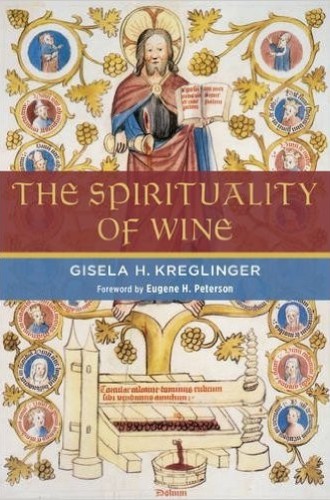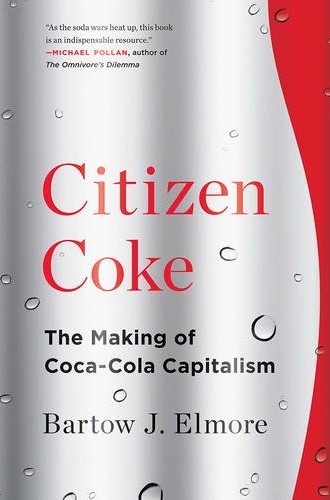What's in your bottle?
Wine is a good gift from God. Coca-Cola is not. (But is it really that simple?)
“Christ is the noble grape that was crushed in the divine winepress so that the world might be reconciled with God and receive everlasting life,” writes Gisele Kreglinger, a theologian who grew up on her family’s winery in Germany. She locates in wine a robust mixture of holistic joy and yearning for redemption. Her book is a compendium of all things related to wine and religion: it includes a reading of the film Babette’s Feast, a brief history of the relationship between blood and wine, excurses on fermentation and soil, interpretations of scripture, theological riffs, and summaries of Christians’ relationships to wine through history. It’s a charming, informative, fun book—a primer that wine lovers will savor.
However, I recommend it primarily for readers who don’t have a deep personal connection to addiction. The chapter on alcoholism, subtitled “Rescuing Wine from the Gluttons for the Contemplatives,” treads the dangerous waters of viewing addiction through the lens of sin. Although Kreglinger aims for a full-bodied conception of sin that includes its moral, social, psychological, and physical dimensions, the label gluttons carries through this chapter a sense of judgment that isn’t sufficiently (at least in my reading) undone. I’m guessing that Kreglinger has the theological chops to develop a more robust notion of sin that encompasses all the complications and social implications that arise around addiction. I hope she will do so in another book.
That caveat aside, Kreglinger’s book is a delight. It encourages joy, which—for me, at least—has been in short supply over the past few months. And not just any joy, but a joy that is deeply connected to the work of Christ. My toddler recently responded to the question “what do you like most about church?” with the excited reply “dip it in the wine!” A similar sense of sacramental pleasure undergirds Kreglinger’s work.







